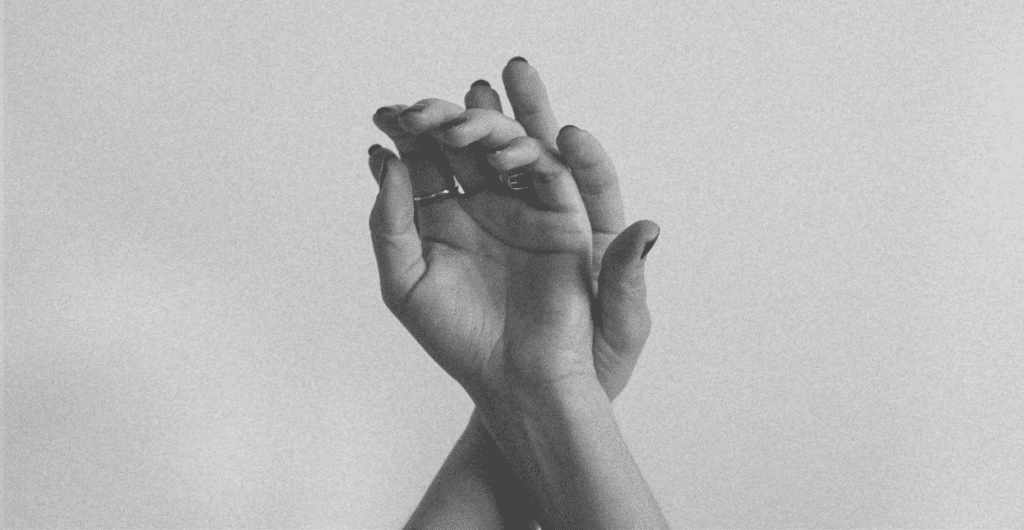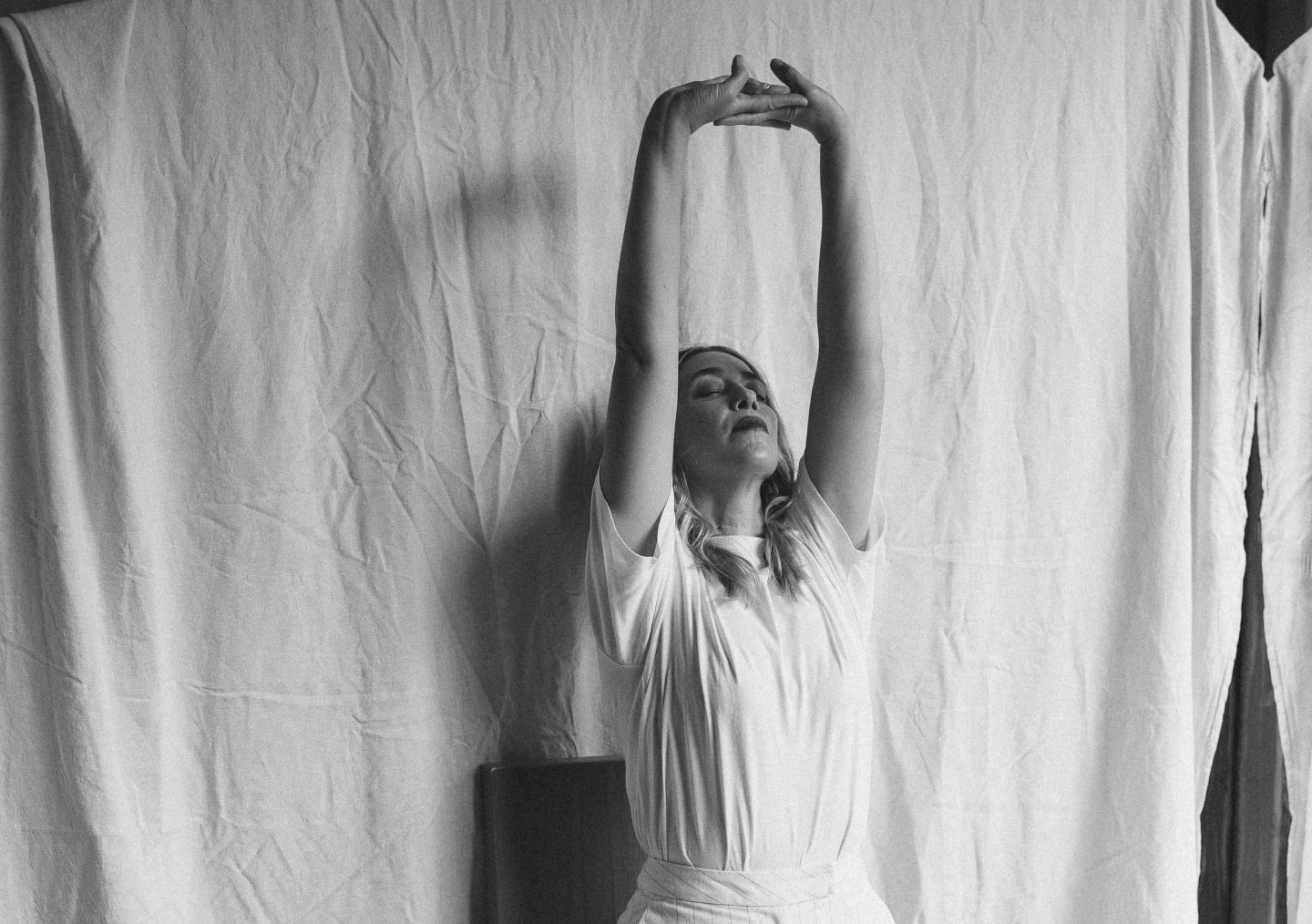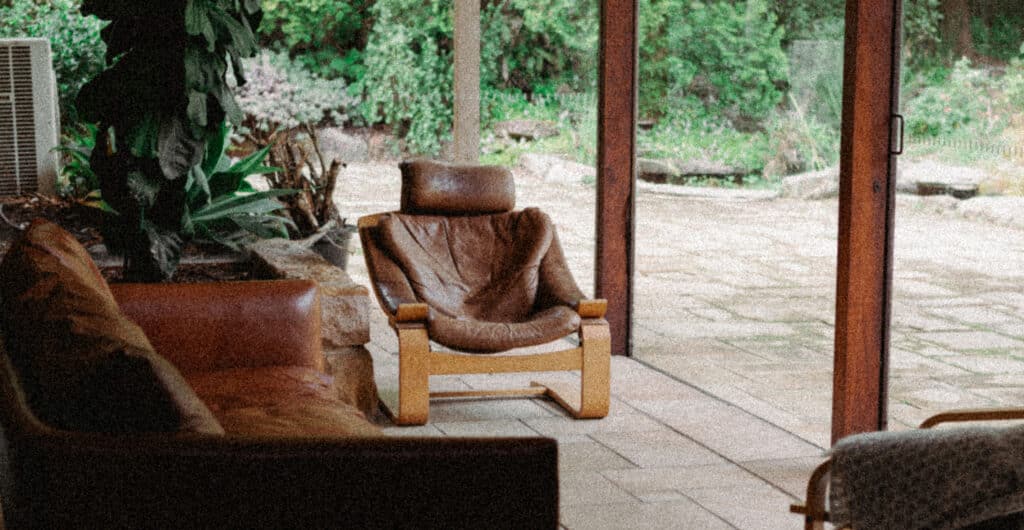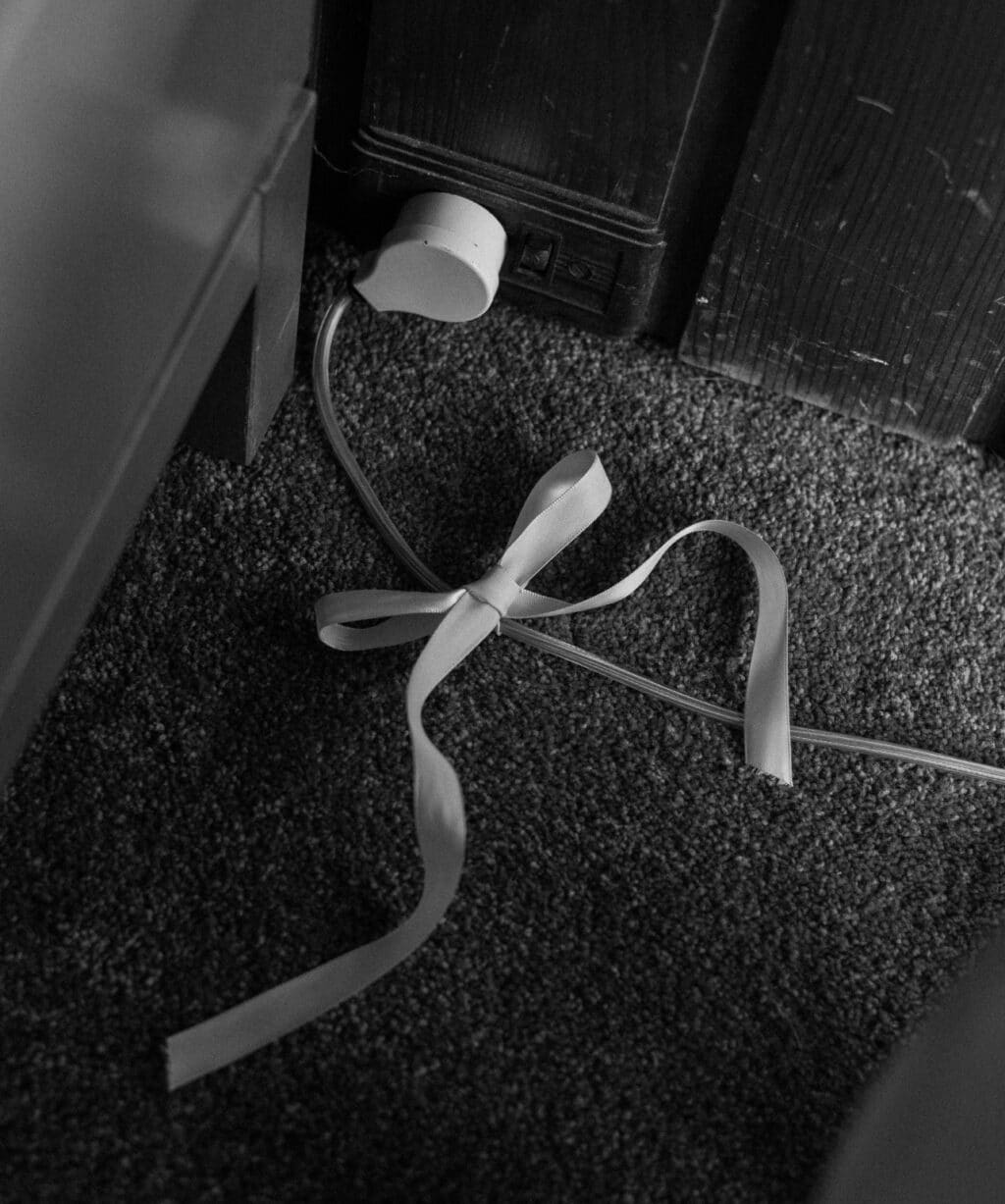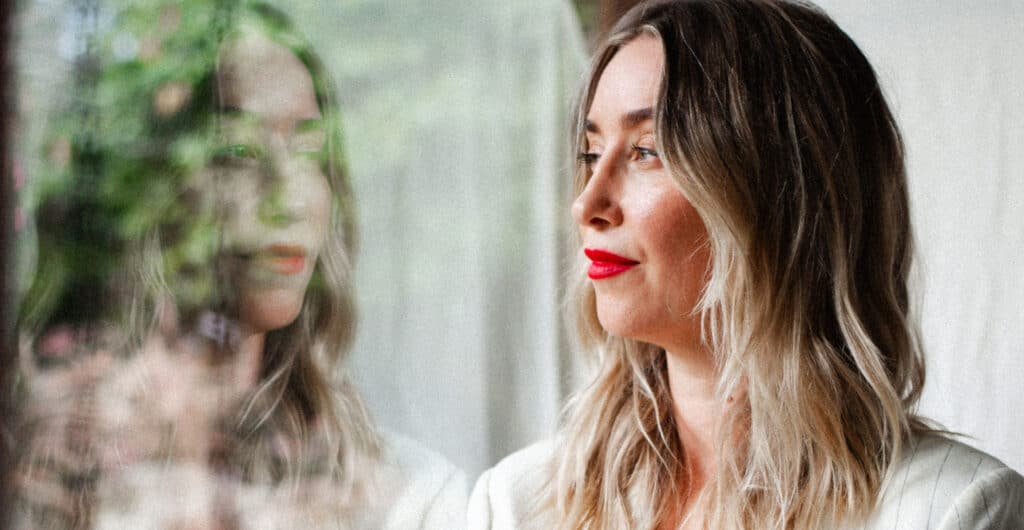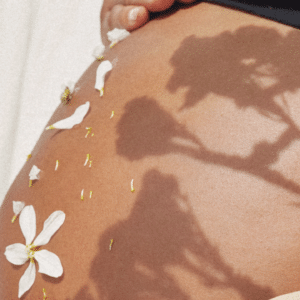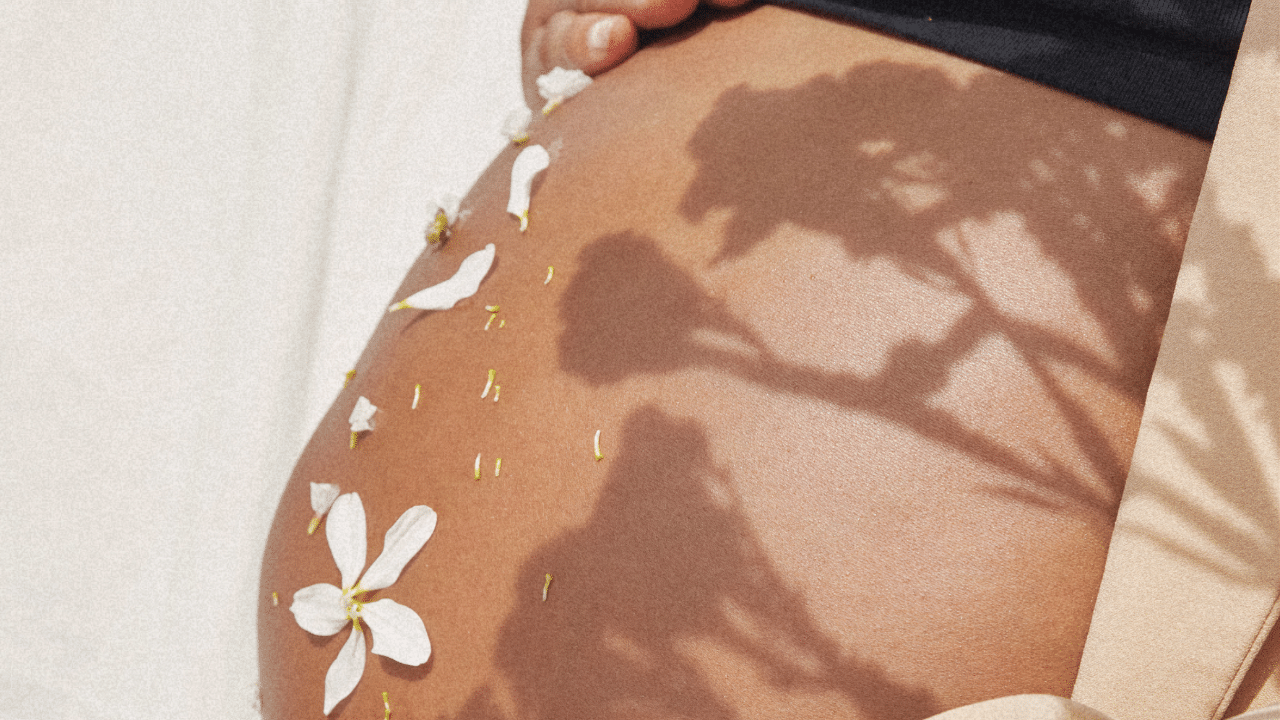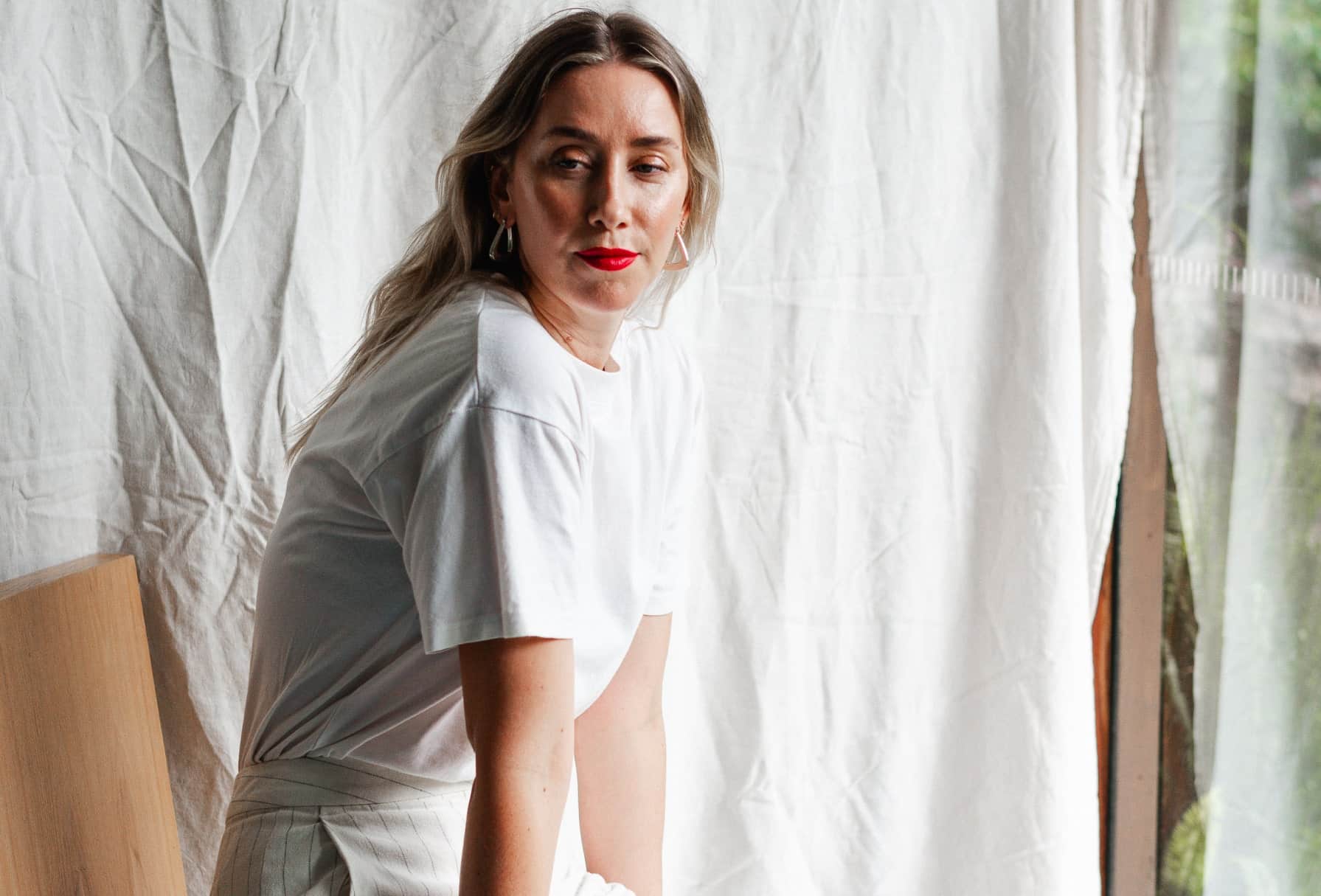When a baby is born, so is a Mother. — Julia Jones
When we are preparing to birth our babies, we prepare for and expect to experience a new chapter of life with a newborn baby. But what we often fail to prepare for or expect to experience is ourselves as a newborn mother.
This beautiful but sometimes brutal transition is known as matresence and it’s the journey to becoming a mother and according to reproductive psychiatrist Dr. Alexandra Sacks, we can liken it to adolescence in that both transitions involve physical and psychological changes, and both result in a new view of how we fit in the world. But that’s where the similarities end.
The thing is, unlike adolescence, our society doesn’t really acknowledge this profound transformation we go through as mothers. We can time stamp the moment a baby is born, the moment they emerge into the world, but becoming a mother? That’s a whole other thing. Becoming a mother is a universal experience, and at the same time no two journeys are the same. It’s a complex process that each mother must go through. It goes beyond any physical, mental and emotional changes we have experienced before. When women discuss their experiences with other women, it’s often described as earth shattering, a monumental crumbling of the soul and then a rebuilding, a stretching beyond what we thought we were capable of. It’s a moment by moment experience, a sacred, messy, unique, deep, transformative unfolding, each layer cracking the surface of who we are.
So many of the beautiful women I support, and to be honest, I’ll include myself here, are what the corporate world would call a Type A personality. We are a force. Our lives are supremely organised and we know how to get it all done. On the journey to motherhood, we are prepared. We have read the books, we have done the courses, enlisted the help, stocked the freezer, set up the home, purchased the things — we are ready for all that we have read about. But what we are greeted with is matresence. . . the part you can’t really prepare for because it isn’t a task to complete but a rite of passage to experience.
What does this mean? It means we’re being called in to be vs. do. And this is hard.
For many of us, our life before having a baby was curated to perfection. From morning routines, to the days we wash hair, the outfits we wear, the places we frequent, the exercise we choose, the hours we work, the meals we cook and so on. Maybe you’ve created your dream life, and maybe this baby is the next part of your evolution. But what we don’t expect is this deeply personal journey into our soul. So often, we don’t even know it’s coming because most of us who’ve been there don’t have the language to describe our experience and the transformational impact that it’s had on our core being. We receive a new lens in which to view ourselves, our sense of self is different, we have been cracked wide open and every relationship also changes. For how can relationships stay the same, when we have changed?
I also think that a lot of us don’t share details of this brutal-beautiful experience with our pregnant friends, because how do we tell them about the depths of grief and resentment we felt? How do we also share that at the same time we felt in total darkness there was so much joy?
If you’re someone who has excelled in their career and consider yourself a high performer in many areas of your life, rather than offering the old “just you wait and see”, I wanted to offer some hopefully useful advice on what you might consider when preparing for motherhood.
If you thrive when you are in control, early motherhood is a time that you can’t, and won’t, be in control. We can acknowledge on an intellectual level that our babies need us 24/7, but how that actually looks and feels is a whole different experience and the timings of the day are mostly up to your baby. When and how long they sleep and feed is up to them and it’s unlikely to be the same each day which makes making plans challenging.
It can be helpful to know that your baby is biologically driven to need your comfort. Sometimes this looks like being held all the time, sometimes it’s that they won’t sleep when they need sleep and sometimes they will struggle to feed when they are hungry. And a lot of the time when you’re just about to leave the house, they will poo through an outfit (theirs and yours).
Consider how you might feel when you are not in control. When you can’t sleep, shower or feed yourself when it suits you. What support will you need to allow you to ride this wave of letting go? Will there be things that you can put in place to feel in control in other areas? Are there areas of your life that you can comfortably let go of control, and areas that you will find harder to let go of?
& then there’s the rage.
I remember my husband asking me (in the kindest way possible) what I had been up to one day, and the rage boiled inside of me because I couldn’t express how I’d not had a moment to myself, and yet, I looked around and all I could see was chaos and mess. It was a deflating experience to realise how much I relied on things being a certain way and the feeling of achieving something in the day. In the early months, days bleed into each other and sometimes it feels like you can’t escape the mess, like no matter how frequently you do the washing up, there is always more to do.
Consider how you might be able to lean into this chaos. How will you communicate what you need from others to help you through? How will you support yourself with coping strategies in these times? Do you have tools that bring your back into your body if you get stuck in your mind worrying about a schedule? Or plans that you can’t seem to keep?
Uncertain and unpredictable while at the same time also monotonous — this is motherhood. There isn’t really any black or white, it’s just a lot of grey. And that is something a lot of us struggle with. It can be the polar opposite to your pre-baby life. Let’s say you’d like to make plans to see a friend, meeting at a cafe mid-morning. But when, mid-morning? Will the baby need to be fed at 9 or 9:45? Will they sleep in the pram? What if they are asleep until 10am? Should you feed before going out or can you give it a go at the cafe? And that’s just going out for a catch up. So many Mothers find themselves at odds about how they spend their days in the early weeks and months. The pace they are used to has all but vanished. Their ability to ‘get shit done’ also gone. Just when you think there is time to shower and wash your hair, the baby wakes and won’t go back down for two hours, and the next minute it’s dinner time, and you have nothing prepared, what the heck happened to the day?
Considering your thoughts, feelings and experience around surrendering to the new rhythm of your life. Surrender in motherhood doesn’t mean giving in, but approaching your circumstances with a softness and grace that perhaps you aren’t used to evoking.
journal prompts.
Some prompts to help you on your way:
- What are my expectations of myself in new motherhood?
- What are my expectations of my baby and are my expectations realistic when it comes to developmentally and biologically appropriate infant behaviour?
- How will I manage when the monotony feels never ending? What things bring me joy and can I access that on a day to day basis?
- What will I need in order to ‘surrender’ to the uncertainty, chaos and mess of motherhood?
- How do I feel about asking for help? What are some ways I can enlist help during this time? Who can I ask? Friends, family, paid help?
- On days when feeling out of control has become too much, what tools can I lean on to support my nervous system to feel regulated?
hi, i’m ashley — offline’s resident postpartum doula.
I’m a mum of two passionately supporting women in their transition to motherhood or motherhood again. I believe that postpartum and motherhood can be joyful experiences and that we need support and education to soften the landing and harness the joy. You can find me online at Phlox Postpartum or on Instagram @phlox.postpartum. Postpartum is forever. It’s never too late to enlist help.



